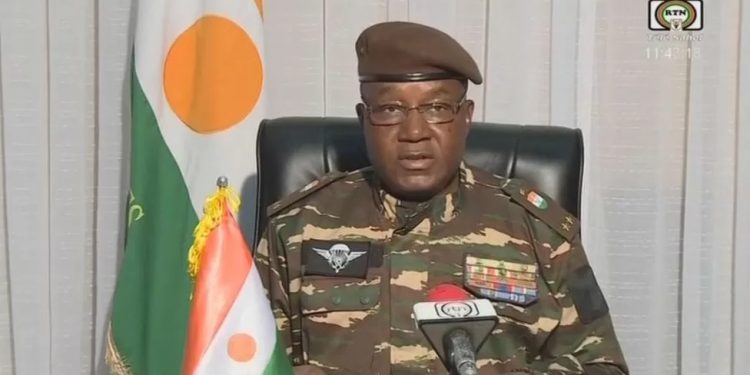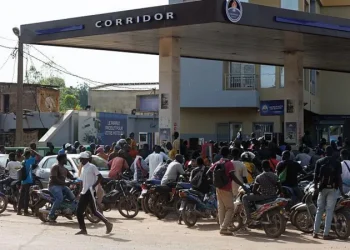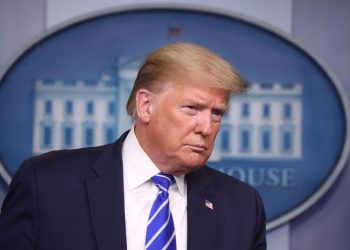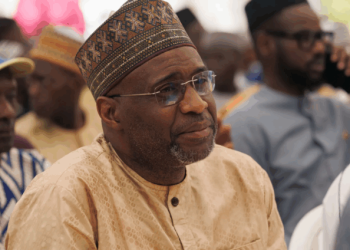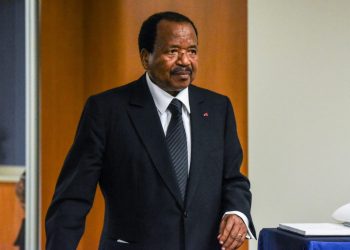Abdourahamane Tchiani, the de facto leader of Niger, has expressed his intention to establish a transitional government with a limited duration of “up to three years,” as he conveyed through a televised address. He emphasized the need for internal deliberation while cautioning against external interference.
Preceding this initiative, Tchiani outlined plans for an encompassing national dialogue to be conducted within a month’s time, involving consultations with all Nigerien citizens. This announcement was made during Saturday evening.
Tchiani assumed leadership of Niger following an unexpected coup last month, when the presidential guard apprehended the former president and took control of the government.
The proposed national dialogue aims to lay the groundwork for a fresh constitution, a process Tchiani stressed would be conducted autonomously, devoid of external influences.
These declarations follow a statement from the Economic Community of West Africa (ECOWAS), indicating their defense leaders were formulating a contingency plan for intervention in case constitutional order is not reinstated.
Though a tentative timeline for intervention had been set, no public disclosure of the date was made by the group.
In response, Niger’s new leadership declared they had collaborated with Mali and Burkina Faso to devise a defensive strategy, complete with practical measures, should ECOWAS opt for a “military solution.”
Mali and Burkina Faso are also led by military regimes stemming from previous coups.
Subsequent to Niger’s coup on July 26th, ECOWAS advocated for the reinstatement of the constitution and the release of the detained president, Bazoum. However, ECOWAS underscored the primacy of seeking a peaceful resolution and maintained that military intervention would only be considered if all other avenues prove unfruitful.
Pope Francis also voiced his desire for a peaceful resolution to the Niger crisis on Sunday.
Speaking from St. Peter’s Square in Rome after the Angelus prayer, the Pope affirmed his alignment with the bishops’ plea for tranquility within the country and stability in the Sahel region. He expressed his concern and assured that he is praying for a speedy peaceful resolution, for the benefit of all.
Niger, a Sahel nation housing approximately 26 million inhabitants, ranks among the world’s most economically challenged populations. Prior to the coup, it stood as one of the last democratic partners for both the United States and Europe within the Sahel region, situated on the southern border of the Sahara desert.





































